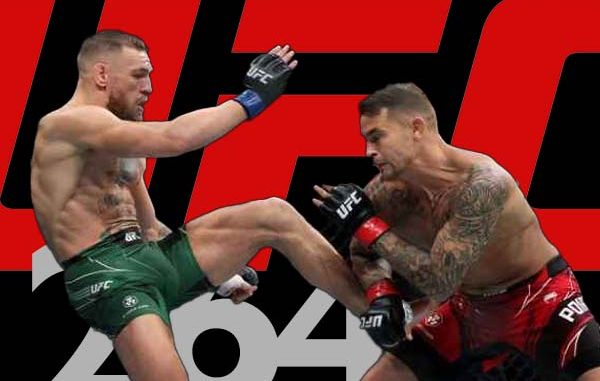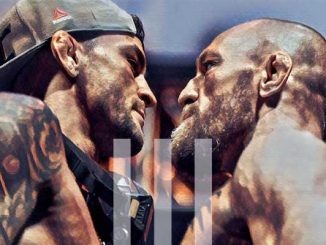
July 10th was an exciting night for sports fans across the globe, as Conor McGregor faced off Dustin Poirier in the final event of their trilogy. The results of this showdown were not unsurprising.
Most major sportsbooks had odds favorable towards Dustin Poirier and McGregor was already struggling to close the training gap between the two. However, fans were stunned as McGregor suffered a gnarly leg injury in the first round, prompting him to withdraw from and formally lose the match.
Conor’s Condition
McGregor’s injury would later be diagnosed as a broken tibia, a condition for which he had to receive surgery. Post-operation, the MMA fighter took to Instagram to both update his followers on the state of his broken leg and to defend his performance on the 10th.
In an IGTV video, McGregor revealed to viewers that he was aware of pre-existing stress fractures in his leg before the fight. He further elaborated that Dana White and the UFC were also informed of his injury prior to the event.
In the video, McGregor states:
“At what point did the leg break?’ Ask Dana White, ask the UFC, ask Dr. Davidson, the head doctor of the UFC. They knew I had stress fractures in my leg going into that cage.”
“There was debate about pulling the thing out because I was sparring without shin pads and I would kick the knee a few times”
These revelations about the match instantly drew contention from all ends. Some were quick to say that McGregor was simply grasping at straws to defend his name. While this may be partly true, McGregor’s statement unveils a bigger issue for the UFC.
Legal Linings
There is already a multitude of moral wrongdoings in the mere act of knowingly allowing an injured fighter to perform. The fighter is not only at risk, but everyone involved is liable for the consequences of the fighter’s participation in the match.
Beyond the fighter’s personal safety, the secrecy around athlete injuries affects betting lines. While there are no explicit laws in the US that demand injury transparency, the widespread legalization of sports betting may prompt such legislation.
Without officially announced injury reports, bookmakers are left to design betting lines based on popularity as opposed to statistics. Furthermore, the integrity of a given athletic event is automatically compromised.
Regarding the incident with McGregor, the odds were largely against him. However, many still placed bets on McGregor in hopes that his many months of training would have paid off. Had they known about McGregor’s injury, bettors would have likely stayed away from putting money on the match.
At the moment it is unclear whether the surfacing of this information will prompt a lawsuit. Even so, it is understood that the discourse on this issue will not be going away any time soon.



